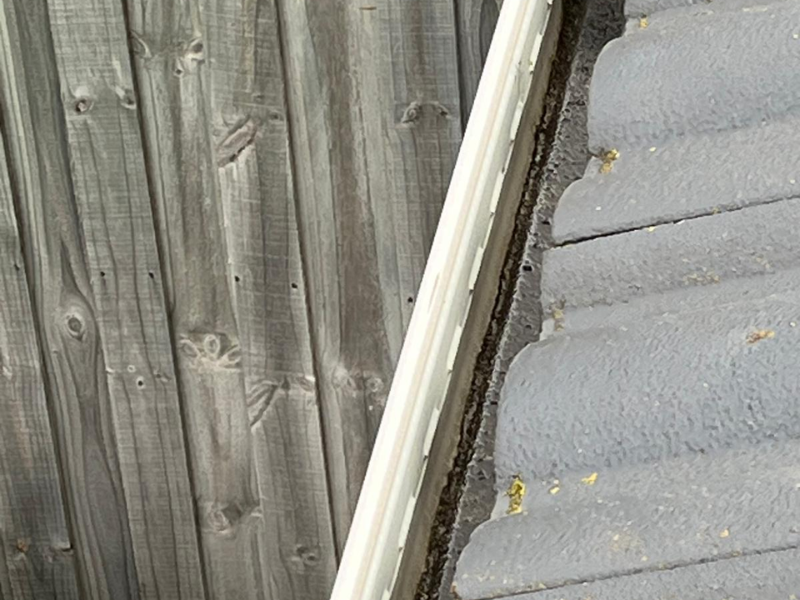If you’ve ever been startled by your garage door screeching, rattling, or banging as it opens or closes, you’re not alone. Many folks find themselves searching for the best noisy garage door fix that won’t put them in harm’s way or make the issue worse. It’s tempting to grab a wrench and dive right in, but when it comes to safety, not all repair approaches are equal. Let’s take a closer look at which repairs are safest and how you can quiet things down without risking your fingers—or your peace of mind. Whether you’re a hands-on homeowner or someone who prefers calling in a pro, understanding the safest method for a noisy garage door fix is key.
Understanding What’s Making All That Racket
Before you even think about fixing anything, it’s good to figure out where the noise is coming from. Sometimes, the sound is just a harmless squeak, but other times, it’s a warning sign that something important is wearing down or coming loose. Is it a groaning chain, loose bolts, rusty rollers, or maybe the springs creaking in protest? Taking a few minutes to listen and watch the door as it moves can help you spot the real culprit. Trust your ears—often, the spot making the most noise is the one that needs your attention.
It’s worth remembering that while some fixes are easy and safe for anyone to try, others really should be left to the experts. If you’re not sure, better to pause and play it safe than to dive headfirst into a risky repair.
Safe DIY Solutions: What You Can Try Without Worry
The good news is, not all noisy garage door fixes require special skills or tools. Some of the safest repairs are also the simplest. Here’s a quick look at what you can tackle yourself without much risk:
- Lubricating Moving Parts: A little garage door lubricant on the rollers, hinges, and tracks can silence a lot of squeaks. Just make sure you use the right product—WD-40 isn’t always the best choice here. Stick to silicone or lithium-based sprays made for garage doors.
- Tightening Bolts and Screws: Over time, the nuts and bolts holding everything together can wiggle loose. Grab a wrench and give them a gentle snugging-up. Don’t overtighten though—just enough to stop the rattling.
- Cleaning the Tracks: Dust and debris can build up in the tracks, making the door rumble as it moves. Wipe them down with a dry cloth, and avoid using grease or oil in the tracks themselves.
These fixes are pretty safe because you’re not messing with the high-tension parts of the garage door, like the springs or cables. As long as the opener is unplugged and the door is down, you’re not putting yourself in harm’s way.
| Repair Method | Safety Level | Who Should Try? | Common Results |
|---|---|---|---|
| Lubricate moving parts | Very Safe | Homeowners | Quieter operation, fewer squeaks |
| Tighten bolts/screws | Safe | Homeowners | Less rattling, reduced vibrations |
| Replace rollers | Medium Risk | Experienced DIYers | Smoother, quieter movement |
| Adjust or replace springs | Dangerous | Professionals only | Restored balance, noise eliminated |
Repairs to Avoid: When Safety Comes First
Some garage door noises signal problems that are better left for the pros. Torsion springs, for example, are under a ton of tension—enough to cause serious injury if they snap or slip. Messing with cables, pulleys, or the opener’s motor can also be risky if you don’t know what you’re doing. If you notice broken springs, frayed cables, or grinding noises from the opener itself, step away and call a certified technician. No noisy garage door fix is worth a trip to the ER.
“When in doubt, let a professional check it out. Garage doors can weigh hundreds of pounds, but your safety is priceless.”
It’s okay to admit when a repair is over your head. Most technicians are happy to answer questions and might even show you some safe maintenance tips for next time.
Calling in the Experts: When It’s Time for Help
If you’ve tried the easy fixes and your garage door still sounds like a haunted house, it might be time to bring in someone with the right training. A good repair tech can spot problems you might miss, like worn-out bearings or motor issues. They also have the tools and know-how to handle high-tension parts safely. Plus, getting the job done right the first time can save you money and headaches down the road.
Don’t feel bad about reaching out—garage door systems are more complicated (and heavier!) than most people realize. Sometimes the safest fix is simply picking up the phone.
Wrapping Up: The Safest Path to a Quiet Garage
So, what’s the safest way to tackle a noisy garage door fix? Start with the basics: lubricate, tighten, and clean. If the noise sticks around or you spot damage to springs, cables, or the opener, don’t risk your safety—call a professional. There’s no shame in letting the experts handle the dangerous stuff, and you’ll keep your garage (and yourself) in one piece. With a little common sense, you can enjoy a peaceful, smoothly gliding door for years to come.
Read More: Apache Junction Garage Door Repair




